The March LANDTHINK Pulse revealed that 33% of respondents said they would want a water purification straw if they had to survive off-grid for 2 weeks with only one liter of water. Forget about the world coming to an end. Imagine the power grid getting knocked out for weeks due to a hurricane, earthquake, or cyberattack. Whether you’re forced to survive off-grid for a while or you’re saying goodbye to society for a month-long campout, going off the grid for an extended period of time requires careful planning and preparation. The reasons for breaking away from civilization are many, but the things you’ll need out there on your own are consistent.
Last month, the March Pulse asked: If you had to survive off-grid for 2 weeks with a liter of water, what other item would you want to have?
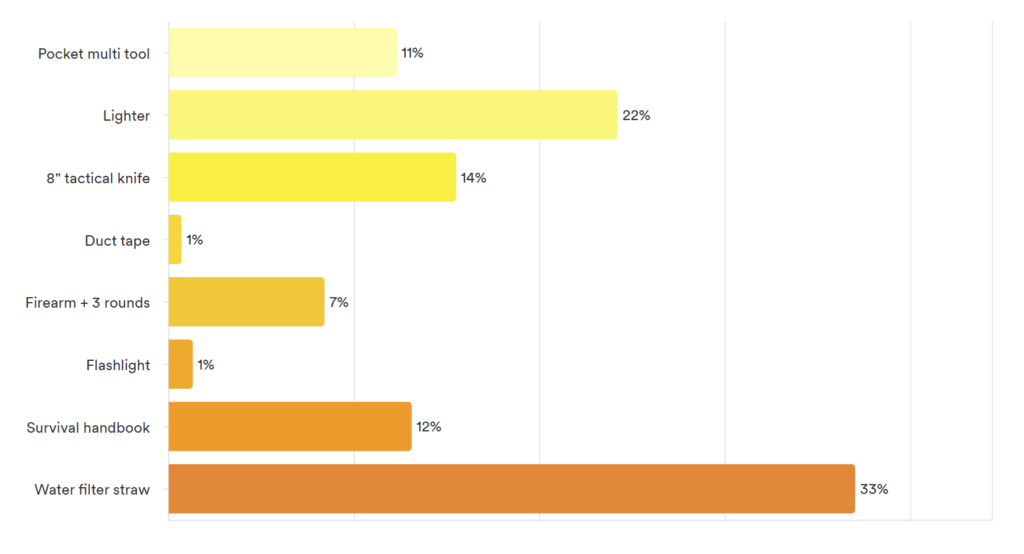
Results from last moth’s LANDTHINK Pulse revealed that 33% of our audience would choose a water filtration straw to accompany their liter of water. During a disaster, local water sources can quickly become contaminated; even municipal water systems often issue boil water notices during natural disasters, so you need to have a way to make your water sources drinkable if you are evacuating during a disaster or find yourself needing to obtain water from a natural water source, then a filter becomes even more important.
Even with one liter of water when you set out from civilization, sooner or later you’re going to need to start making your own fresh water. The best way to do that is with a reliable water filtration device. Water filtration straws, like Lifestraw, are handy for any off-grid situation due to their portability and ease of use. Lifestraw weighs only 2 oz., is easy-to-use, cheap, and it takes up very little space in a backpack. The straw claims to removes 99.9999% of all bacteria as well as 99.9% of all protozoa. A water filter straw would let you safely sip straight from a stream or lake without any pumping, squeezing or filling.
Coming in a close second, 22% said they would want to have a lighter as their second item. A lighter is a survival gear must-have. There are several ways a lighter can be useful in an off-grid survival situation.
Starting a Fire: The single biggest danger for anyone stranded in the wilderness is exposure. Maintaining your core body temperature is not optional. A fire can provide lifesaving warmth in many environments. It will also provide the ability to cook any food you do have. If you are lucky enough to have caught a fish or other small game, cooking makes the meal safer to eat. There are other ways to go about the process of starting a fire, but if you do have a lighter it’s going to be a whole lot easier. A fire is also effective in keeping dangerous animals away.
Light: Fire can also provide a welcome source of light when the sun goes down. A lighter can also be used in short bursts to provide some illumination if you are in the pitch black and need to make repairs to your supplies, cook, build a fire, or anything else that needs to be done in the dark.
Water purification: The gold standard for making water safe to drink is boiling. If you have a container or can improvise one, the fire you start with your lighter will allow you to turn questionable water into water that is safe to drink.
While our Pulse question scenario was living off-grid for just 2 weeks, a lot of people are making the leap and purposely choosing a permanent off-grid lifestyle. They are discovering a huge amount of freedom and a feeling of taking control of life. Detaching from the grid leaves you with no power bills, no water bills, and an immense amount of freedom over the way you live.
While living off the grid is a minimalist lifestyle, there are some things that you still can’t go without. Here’s a short list of the absolute minimum for what you need in order to start an off-grid life.
Your own land
Moving off the grid means you need a spot to do it. Buying land is an exciting prospect and allows you to design and build your own cabin or small home, grow your own food, and build a resilient self-sufficient lifestyle.
There are lots of considerations and compromises you may need to make. The perfect off grid property needs to check these boxes:
- Zoning or usage restrictions
- Away from cities and urban areas (fewer restrictions and more freedom)
- Cost (don’t forget to take into account property taxes, mortgage payments, insurance, and other expenses)
- Ample resources for self sufficiency (soil, water, trees, open space, wildlife habitat)
- Able to accommodate the basics such as food, shelter, water, power and wastewater disposal such as a septic tank
- A natural water source (well, spring, creek, or river)
- Year-round accessibility (roads, trails, driveways, etc.)
A water system
Access to fresh water is one of the most challenging aspects of building an off-grid home. Many off-grid homes have wells dug to ensure an ongoing supply of water, but this can be costly.
Other systems deliver water directly from a nearby creek either with the flow of gravity or an electric pump. Another method is water capture with rainwater. This isn’t legal in all places, so be sure to check regulations before installation.
Power system
An off-grid power system takes an alternative electricity source like solar and converts it into usable electricity. The off-grid system isn’t tied to the local utility, meaning it can stand alone and won’t be affected by blackouts.
While solar is a popular choice for off-grid systems, you can use other forms of renewable energy or fossil fuel sources. The point is that you aren’t dependent on the grid.
There are many types of generators to choose from besides solar. Ultimately, you’ll have to pick the right fuel source and off-grid system that fits your needs.
Access to food
An important aspect of becoming self-reliant is to grow at least some of your own food. Many off grid properties are far from a grocery store, making it a difficult trip to get everything you need. This is why many off-grid dwellers prefer to grow their own fruit and vegetables.
There’s no denying that off-grid living requires a lot of up-front investment of money, time and energy. The cost of going off-grid varies widely depending on factors such as the level of self-sufficiency desired, the quality and scale of utility systems, and the location. If you are going the DIY route, that may also include your blood, sweat, and tears. But at the end of the day, the investment is a worthwhile price to pay for freedom. You can sit back and enjoy a wholesome life off-grid with your family knowing that you are self-sufficient and resilient to whatever lies ahead.
Do you have a suggestion for next month’s Pulse question? Submit your question and we might choose yours!
This content may not be used or reproduced in any manner whatsoever, in part or in whole, without written permission of LANDTHINK. Use of this content without permission is a violation of federal copyright law. The articles, posts, comments, opinions and information provided by LANDTHINK are for informational and research purposes only and DOES NOT substitute or coincide with the advice of an attorney, accountant, real estate broker or any other licensed real estate professional. LANDTHINK strongly advises visitors and readers to seek their own professional guidance and advice related to buying, investing in or selling real estate.


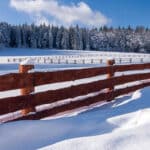



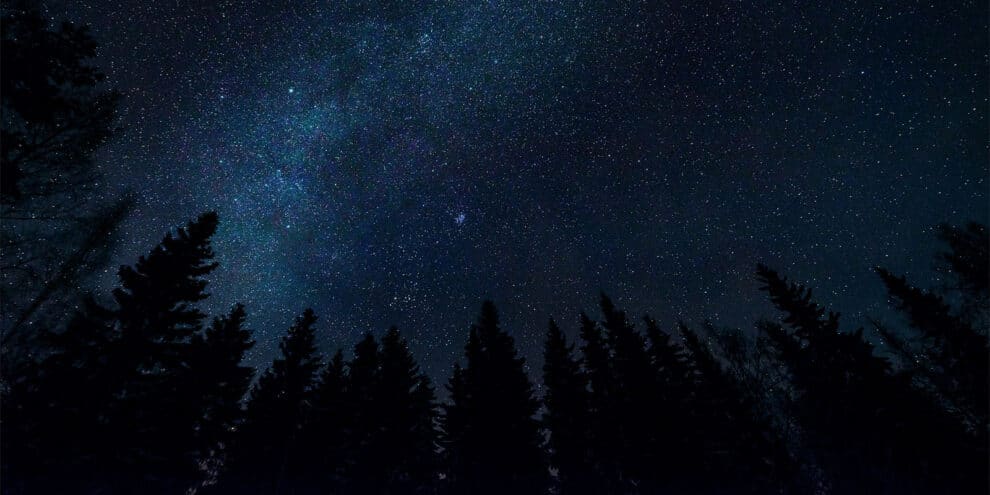
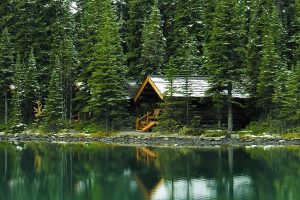
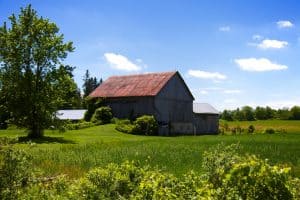
Add Comment